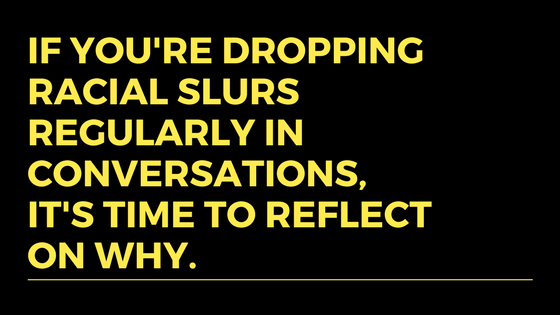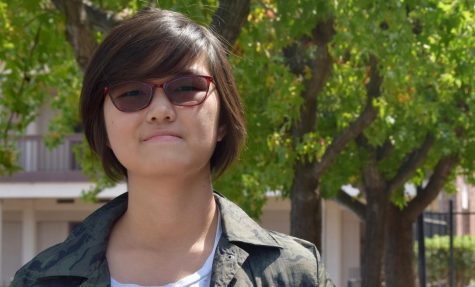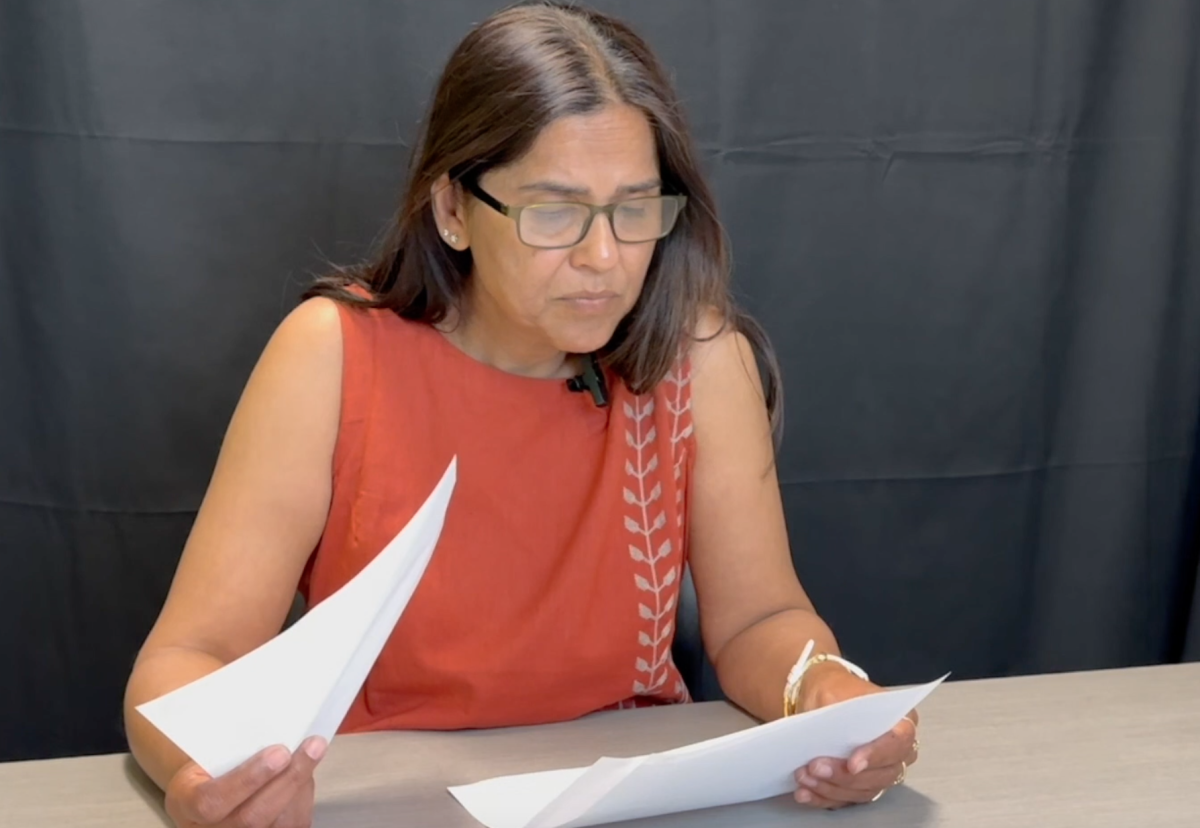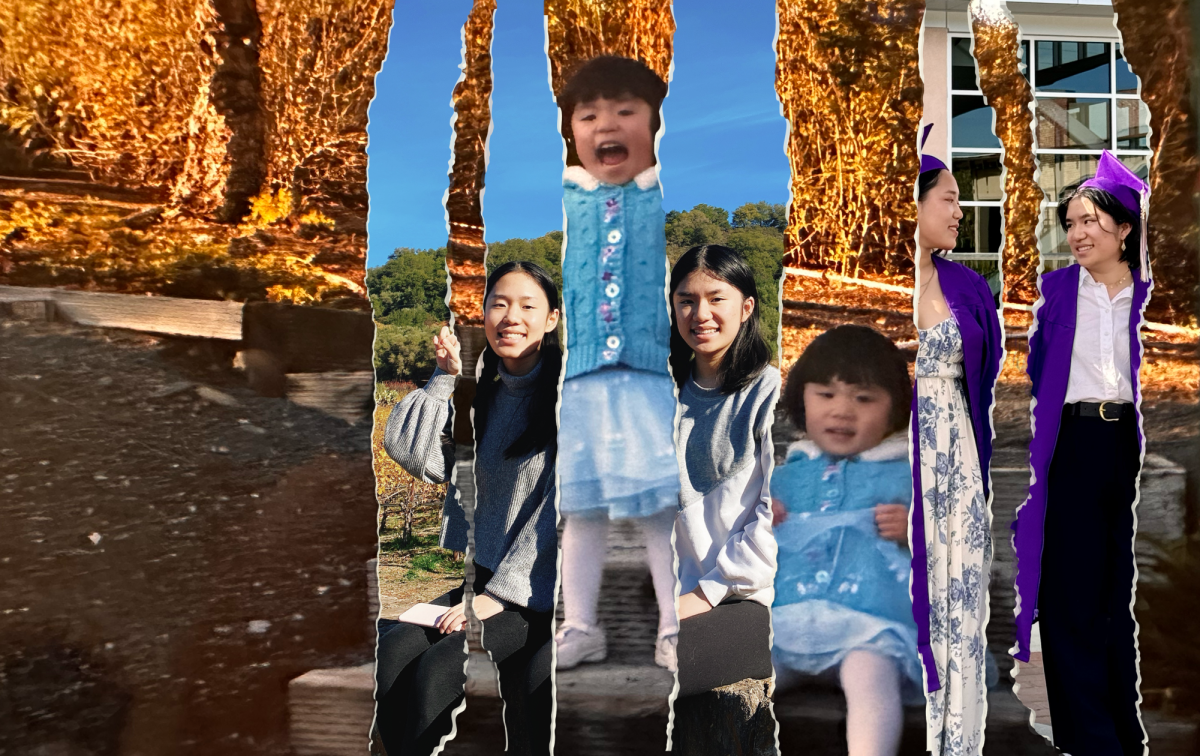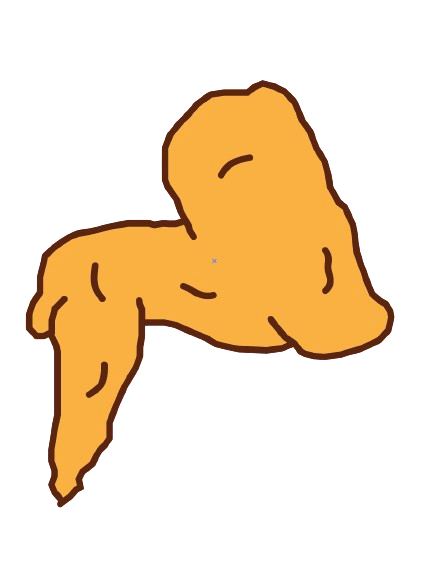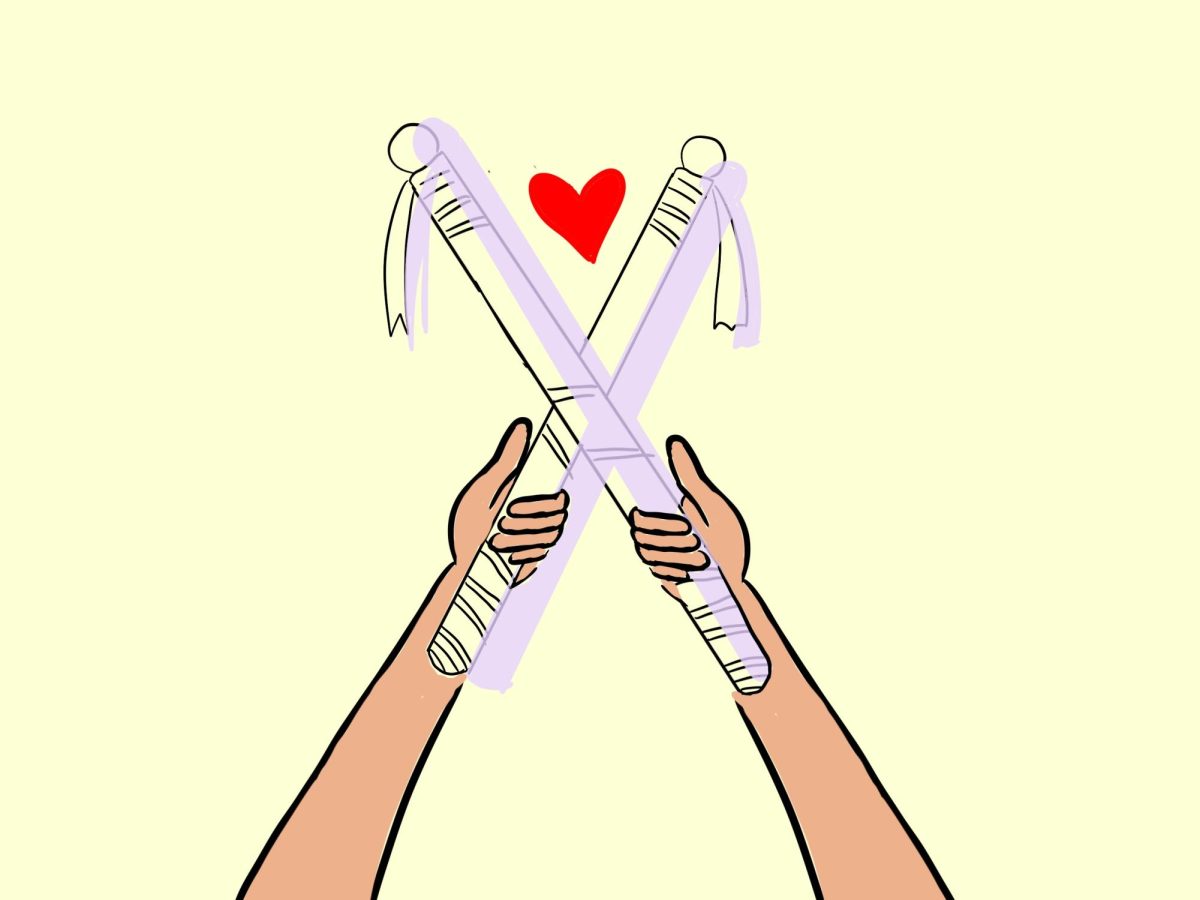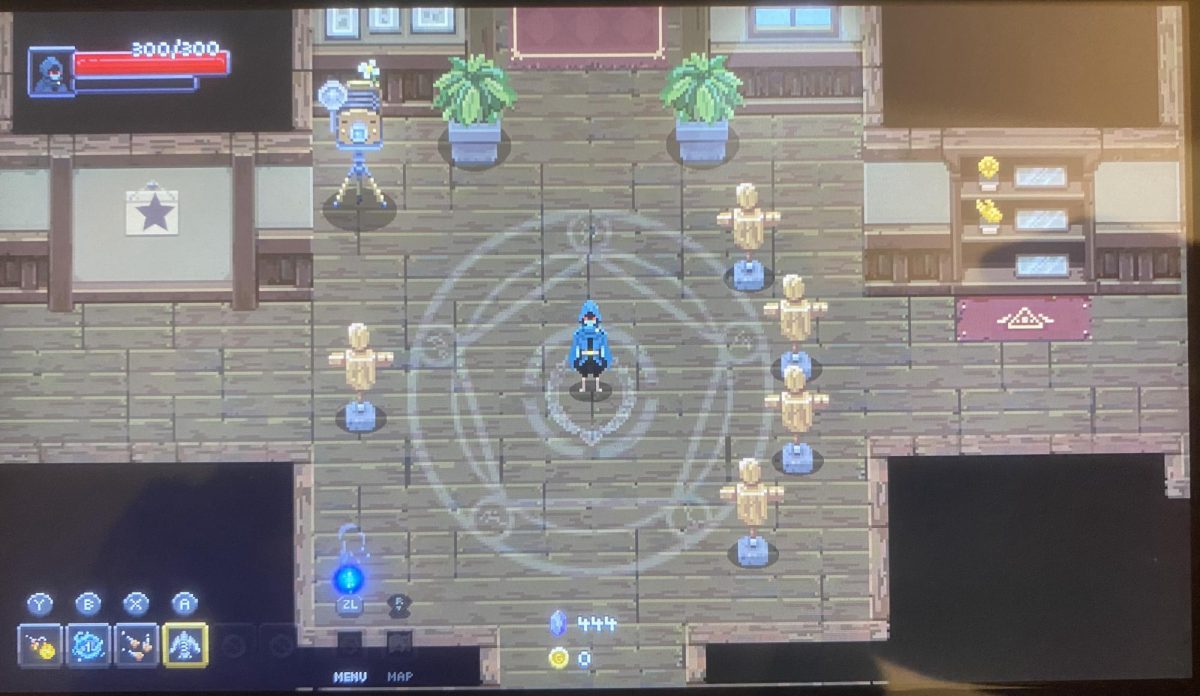Living in an area as staunchly liberal as the Bay Area, it’s possible to forget that fighting against racism is a constant and active effort. Thinkpieces are constantly being written about how sensitive college kids are, how the n-word really is just a word and how Nazism is okay, actually, because it’s a usage of free speech. Simply put, it’s exactly this mentality that leads to not one, but two incidences regarding racist remarks made by MVHS students. And each time, the incident has been forgotten within a matter of weeks.
I hear my friends and classmates talk about how they knew the kids in the group chat that wrote a kill list for black students in the school. I sat in that AP Chemistry class disappointed — but by no means surprised — as Mrs. Gupta expressed her sadness and disappointment about the Google Doc incident. So often we like to think modern American society is a post-racial one, one where racism is a mistake of the past that nobody could really ever think of and still believe in themselves. In reality, however, it is a pervasive issue that we all need to confront. A mentality that many of us have unfortunately internalized and need to work towards undoing. We have to stop letting our friends and family get away with this mentality that puts other races below their own.
It doesn’t exactly help that the punishment for such racist remarks is a little more than one or two days of suspension and maybe some racial sensitivity classes either. Such a light hand will only send the message that there are no consequences for overt discrimination, and will ultimately allow for potentially worse remarks. It’s horrifically easy to be racist. After all; we all inherently desire some form of superiority, and to generalize black people as being violent or Latinx people as being poor is an easy way to place yourself, as an Indian, Asian or white person, above others.
On top of this, anybody who speaks up against any demonstration of racism is considered to be too sensitive, and getting angry over such racism is discouraged. People are expected, even encouraged, to passively accept this behavior and laugh along — otherwise they’d just be ruining the fun, and we just can’t have that here. “Social justice warrior” is tossed around as a lazy label for anybody who thinks prejudice and discrimination are bad, no matter if someone is dropping the n-word when they shouldn’t or harassing students with racial slurs. Oftentimes it feels like people are aware of the harm that such language can cause, but choose to overlook such harm for the sake of flimsy, temporary popularity.
Just because it’s hard to recognize when one is exhibiting racist behavior does not mean it’s not absolutely necessary that we learn how to do so. After all, racism isn’t just saying that, for example, all Asians are yellow-skinned foreigners who eat dogs. Racism can also be assuming that a Latina woman is a house cleaner or assuming that a high school is dangerous because it has a large black population. Recognizing that racism can be both overt and covert is a very important step towards comprehension of the difference between what you want to say and what you actually say.
Additionally, different people will think of racism as wildly different things. This means that the impetus falls again on surrounding people to call it out when it’s warranted, but this may also result in situations in which someone who doesn’t need to be fought for is dragged into unnecessary confrontations by a bystander. It also means that responsibility is taken away from those that make offensive comments in the first place to conduct meaningful self-reflection as to why people think their comments are offensive, which is no better than not having intervened at all.
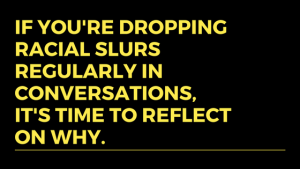
I don’t doubt that reading this column and taking away the message that racism is bad will cause some people to laugh in my face. I don’t doubt that people are going to think of me as some stereotypical hyper-SJW that is policing their free speech rights by saying that making racist and overall offensive comments is something that people should avoid. I don’t doubt that some people, no matter what, are going to ignore all of this and keep on saying what they want to say with little to no regard for the impact of their words. However, I also don’t doubt that people will come to realize that, as cheesy and over-repeated by teachers and administration the phrase is, words have power. Ultimately, it’s up to you to consider what you’re saying and what message you want to convey.
If you’re dropping racial slurs regularly in conversations, it’s time to reflect on why. I know it’s hard to do that, but it’s absolutely important that you examine why you need to use a racial slur to convey your ideas. Is it because it rolls off the tongue well? Is it because all your friends say it and you think it’s acceptable? Is it because you believe that normalizing the word will normalize fair treatment of all races? Is it because you believe the word is equivalent to other colloquial terms like “dude” and “bro”? Or are you just saying it to “trigger” people, to provoke a reaction, to get attention that you don’t deserve?
There is no good reason to sling around a racist slur that has historically been used to put down other human beings. It’s 2018 — everyone is fully aware of the history behind the word and why it’s taboo to say it when you’re not reclaiming it. The time is now to denormalize racism, to have the courage to call out our friends and family when necessary, to make sure that every person in school feels accepted and welcomed rather than ostracized and isolated, regardless of race.

















